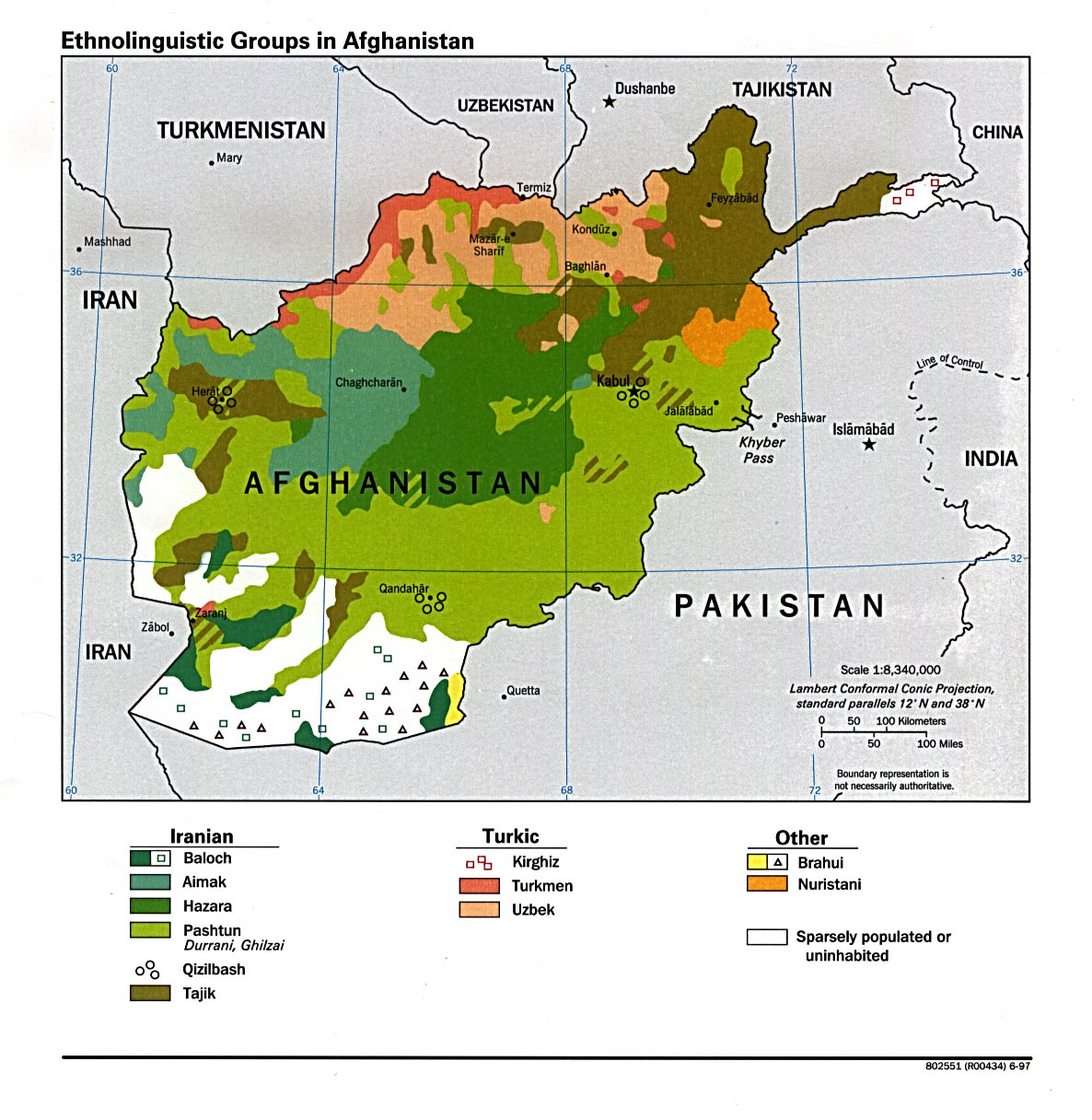
Will Lessons from the Past Predict Afghanistan’s Future?
Reading time: (Number of words: )
With the dawn of the new decade, one hopes that soon the unfortunate chapters of recent history can be closed for good and the Afghan people can move forward with peace, stability and self-determination. Decades of foreign occupation, proxy wars, insurgency, and border conflicts have created tragic circumstances that not only afflict the Afghan people, but have sent their tentacles around the world. Words of cynicism, resignation and indignation echo in online forums and hands are waved dismissively with the proclamation that things will never change. Others are hopeful. They see that opportunity can be found in times of crisis and the world can be remade into something better for all people. They know that peace and prosperity come when one offers a hand, rather than a fist.
History is the great laboratory of collective human endeavor. Again and again, history proves that it is how the victors (however you measure victory) treat those who have been defeated that determine whether peace lasts or not. Right now, however, all parties in the current and recent Afghan conflicts consider themselves righteously aggrieved in a manner that might make ending hostilities more difficult. There are examples in 20th Century history which prove that seeking reparation from a defeated enemy in such a manner that destabilizes his economy and creates poverty and humiliation will surely renew hostility.
There is a story about World War I with some parts that might be familiar in comparison to Afghan history. In 1916, the British and French secretly planned to expand their imperial aspirations in a secret agreement called the Sykes-Picot Agreement. They agreed to carve up the territories in the declining Ottoman Empire between themselves into spheres of direct control and influence. When Russia published the text of the agreement in November 1917, it embarrassed the British and French. The President of the United States, Woodrow Wilson, opposed the agreement due to its secretive nature, but moreover, because it violated the progressive ideals he embraced, such as:
“1. Open covenants of peace, openly arrived at, after which there shall
be no private international understandings of any kind but diplomacy
shall proceed always frankly and in the public view…
5. A free, open-minded, and absolutely impartial adjustment of all
colonial claims, based upon a strict observance of the principle that in
determining all such questions of sovereignty, the interests of the
populations concerned must have equal weight with the equitable
claims of the government whose title is to be determined.”
Points One and Five of Woodrow Wilson’s “Fourteen Points” speech to
Congress, January 18, 1918
President Wilson’s ideas of defining national borders in a manner suitable to the people who lived in Europe and the former Ottoman Empire helped to convince Germany to surrender and he won the Nobel Peace Prize for his efforts. Britain and France opposed the Fourteen Points and not only codified their Middle East policy in the League of Nations Charter, they also demanded reparations from Germany in the Treaty of Versailles that worsened their economic problems and indirectly allowed Hitler to ascend to power. Because of these things, the United States never ratified the Treaty of Versailles, nor did they join the League of Nations, who establishment was actually the last of Wilson’s “Fourteen Points.” Wilson’s conciliatory attitude created the armistice that ended the war, yet the British and French demands for vengeance helped bring about the rise of Hitler and World War II.
No one can deny the suffering the Afghan people have endured, but now there can be opportunities to move forward. The British Raj is gone. The Soviets are gone and the Cold War has ended. Pakistan has also suffered in its struggle for sovereignty and identity, as well as being used as a proxy in the Cold War against Russia. The instability that afflicts Pakistan has also caused the same extremism to take root. As long as both countries share a border that is indefensible and unconscionable, there can be no stability and peace in one country and not the other. The grievances that exist between the two countries should certainly be acknowledged, but they must also be overcome in a spirit of reconciliation. It will not be easy, but long-term solutions seldom are.

Poems for the Hazara
The Anthology of 125 Internationally Recognized Poets From 68 Countries Dedicated to the Hazara
Order Now








